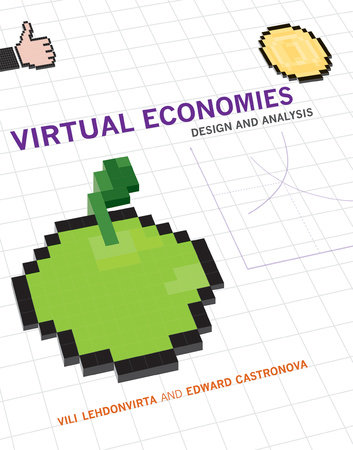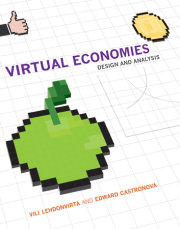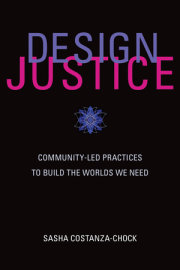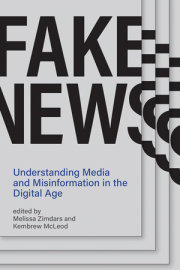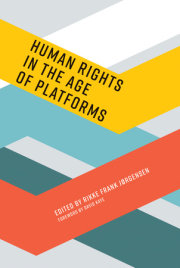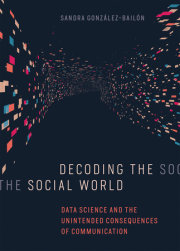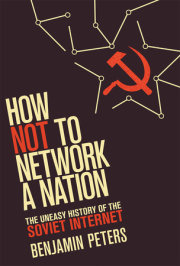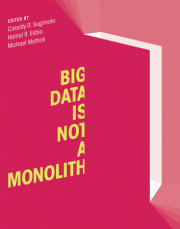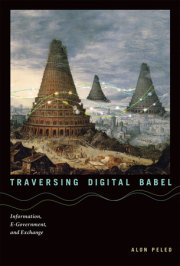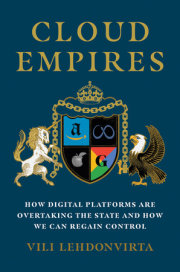How the basic concepts of economics—including markets, institutions, and money—can be used to create and analyze economies based on virtual goods.In the twenty-first-century digital world, virtual goods are sold for real money. Digital game players happily pay for avatars, power-ups, and other game items. But behind every virtual sale, there is a virtual economy, simple or complex. In this book, Vili Lehdonvirta and Edward Castronova introduce the basic concepts of economics into the game developer's and game designer's toolkits. Lehdonvirta and Castronova explain how the fundamentals of economics—markets, institutions, and money—can be used to create or analyze economies based on artificially scarce virtual goods. They focus on virtual economies in digital games, but also touch on serious digital currencies such as Bitcoin as well as virtual economies that emerge in social media around points, likes, and followers. The theoretical emphasis is on elementary microeconomic theory, with some discussion of behavioral economics, macroeconomics, sociology of consumption, and other social science theories relevant to economic behavior.
Topics include the rational choice model of economic decision making; information goods versus virtual goods; supply, demand, and market equilibrium; monopoly power; setting prices; and externalities. The book will enable developers and designers to create and maintain successful virtual economies, introduce social scientists and policy makers to the power of virtual economies, and provide a useful guide to economic fundamentals for students in other disciplines.

